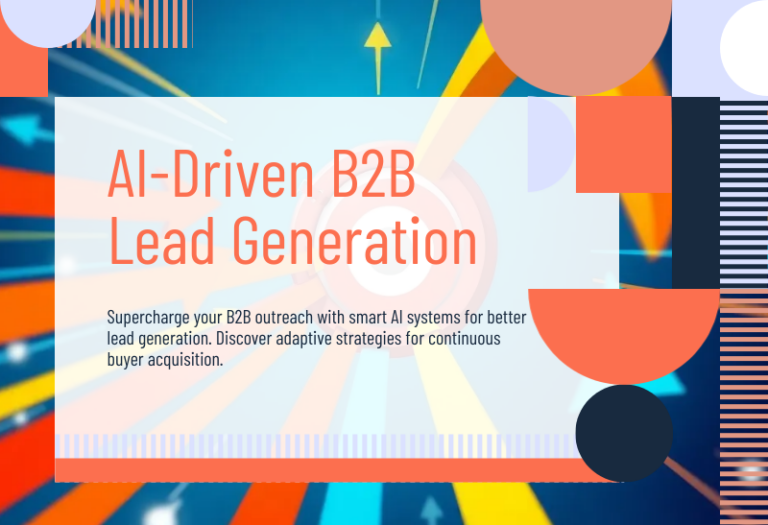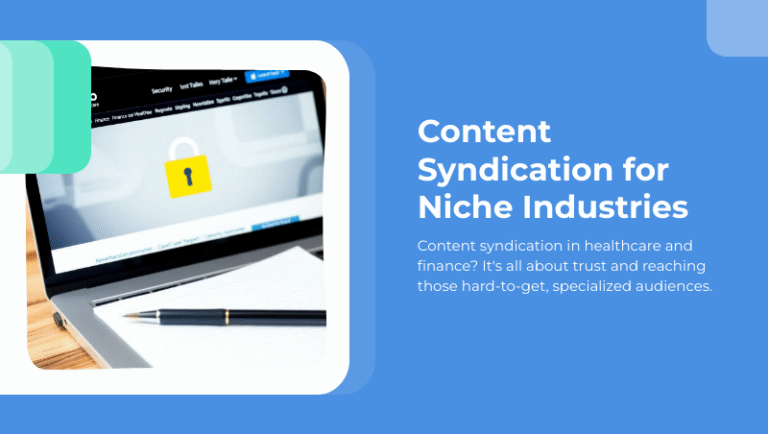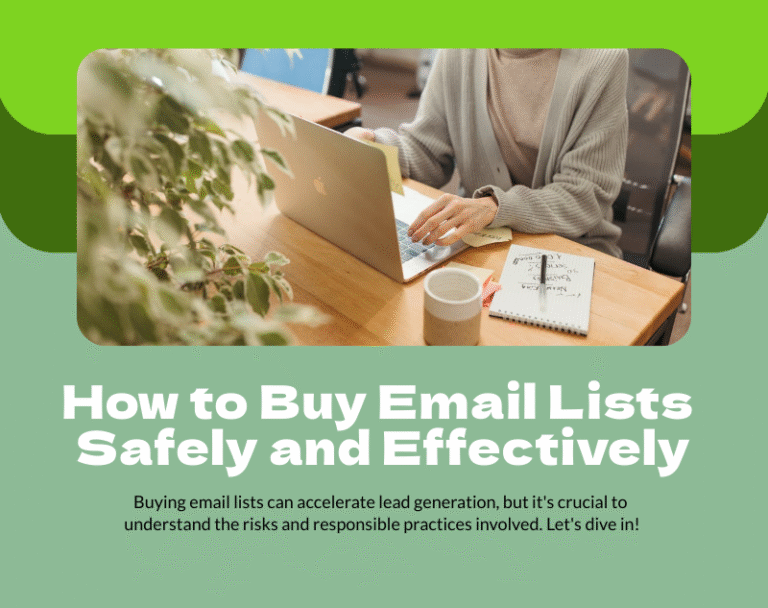
It’s a simple equation: The more leads you can move through your sales funnel, the greater your growth. Yet one of the biggest time-wasters when guiding your prospects through that funnel has less to do with leads’ timing than with your own. How much time does your sales team spend going over ground your marketing department could have covered? How often do you spend precious time sending out content that isn’t relevant to leads at their current stage of sales readiness?
You can only do so much to affect how much time leads spend in their decision-making process, but with good database management, you can compress the sales funnel on your end and eliminate needless delays.
Qualifying (and Disqualifying) Your Leads
Successful businesses waste no time trying to market to site visitors who aren’t actually leads. Whether they’re competitors checking your site, students looking for resources, or just accidental tourists who landed on your site by chance, not everyone’s going to be in the market for your offers. By removing these visitors from lead qualification and scoring, you save time you would otherwise have spent pursuing non-leads. Your marketing database manager can help you spot non-leads before you spend time and effort on guiding them through a buying journey they’re not going to finish.
Nature vs. Nurture
Prospects naturally take a certain amount of time to make buying decisions. In B2B sales, that time is usually far longer than it is in the consumer marketplace because every purchase is multi-layered, requiring approval from numerous decision-makers. You can compress the amount of time spent making decisions, though, if you anticipate them. The time you spend waiting for a lead to ask you for more information is time you and your database services manager could have spent sending out relevant content as part of an automated nurture program.
Take an Account-Based View
That multi-layered B2B buying approval process takes time, but it also affords businesses a great way to compress the sales cycle. Instead of focusing all your attention on a single point of contact, it’s often useful to work with other leads within the same account and help them build the necessary consensus to buy. Here’s where having quality data matters; you can only attempt this multi-lead approach if you understand the account thoroughly and coordinate data. By taking some of the legwork out of talking with other decision-makers within the company, you’re often making life easier on your primary contact, too.
© Reach Marketing LLC 2017 All Rights Reserved.



